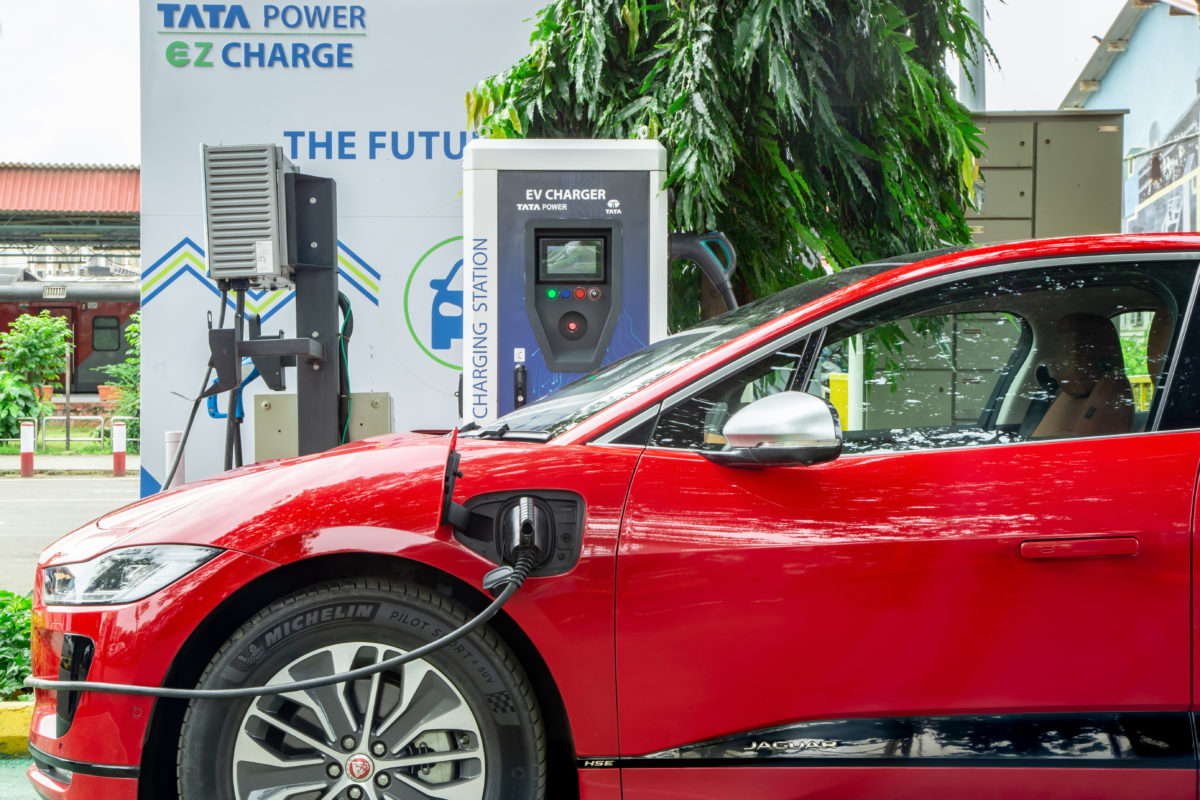A new report by the India Energy Storage Alliance predicts that demand for electric vehicles in India could grow by up to 49% per year between 2021 and 2030 in a business-as-usual (BAU) scenario. At this rate, annual EV sales would reach 17 million units by 2030, with almost 15 million (88%) of these vehicles projected to be electric two-wheelers (e-2Ws).
Battery demand is anticipated to increase by 41% annually between 2021 and 2030, reaching 142 GWh from 6.5 GWh in 2021, according to IESA. It said that lead-acid batteries still dominate the Indian EV ecosystem due to high demand for e-rickshaws. Lead-acid batteries accounted for 81% (5.3 GWh) of the 6.5 GWh market in 2021.
However, the market share of lithium-ion batteries has been steadily growing, said IESA. And in 2021, for the first time, sales of such batteries exceeded the 1 GWh threshold. Among lithium-ion chemistries, lithium iron phosphate (LFP) is the chosen option for electric three-wheelers (e-3Ws) and electric four-wheelers (e-4Ws). Nickel manganese cobalt (NMC) is the preferred option for e2W and e-buses, according to IESA.
The research report considers three different market scenarios to make projections for the current decade. IESA expects the Indian EV market to grow quickly after the 2024-25 period, as the initial EV costs become comparable with those of internal combustion engine vehicles due to falling battery prices, advancements in EV technology, higher domestic production, and economies of scale.
According to the report, the main factors driving the EV market’s expansion in the current decade will be rising consumer awareness, rising fuel prices, commitments from fleet aggregators and corporations, the emergence of new players, advancements in EV technology, ongoing subsidy support from both the central and state governments, and the anticipated implementation of strict emission standards (CAFÉ norms from 2022).
This content is protected by copyright and may not be reused. If you want to cooperate with us and would like to reuse some of our content, please contact: editors@pv-magazine.com.









By submitting this form you agree to pv magazine using your data for the purposes of publishing your comment.
Your personal data will only be disclosed or otherwise transmitted to third parties for the purposes of spam filtering or if this is necessary for technical maintenance of the website. Any other transfer to third parties will not take place unless this is justified on the basis of applicable data protection regulations or if pv magazine is legally obliged to do so.
You may revoke this consent at any time with effect for the future, in which case your personal data will be deleted immediately. Otherwise, your data will be deleted if pv magazine has processed your request or the purpose of data storage is fulfilled.
Further information on data privacy can be found in our Data Protection Policy.